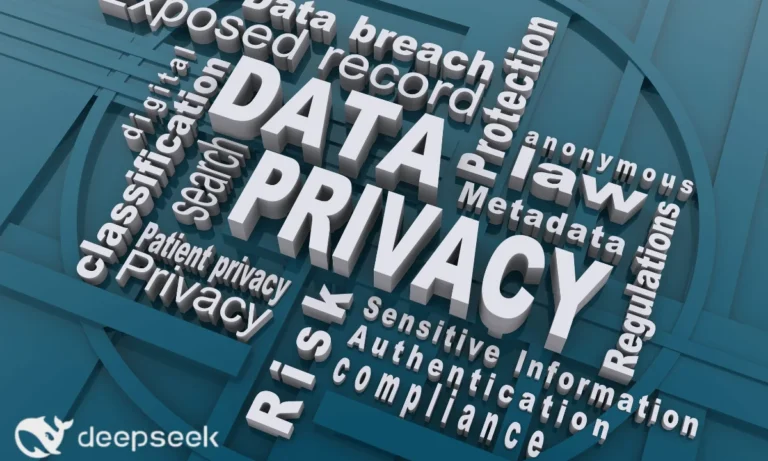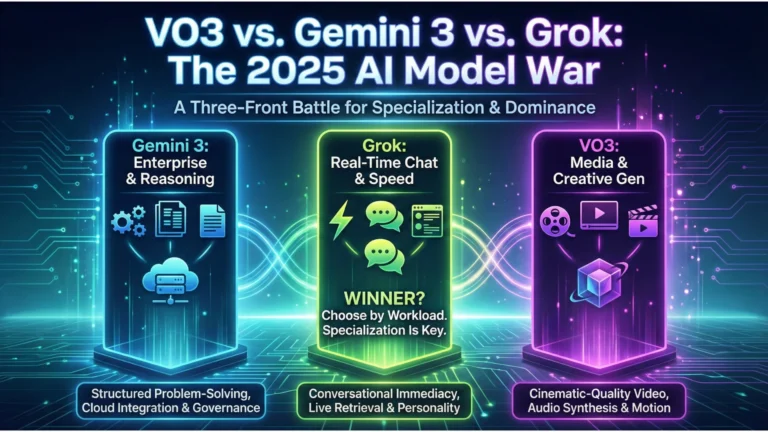AI Literacy: Why Pakistani Schools Need to Teach Machine Learning
AI Literacy
AI Literacy: Artificial Intelligence (AI) has rapidly transformed the way people live, work, and interact with technology. From voice assistants like Siri and Alexa to advanced chatbots and self-driving cars, AI is no longer just a futuristic concept—it is shaping the present. For Pakistan, a country with a young population and growing technological ambitions, AI literacy is not merely a luxury but a necessity. Among various branches of AI, machine learning (ML) stands out as the most practical skill for the 21st century. Unfortunately, most Pakistani schools have not yet incorporated AI education into their curriculum, leaving students behind in an era defined by technological advancement.
This article explores why Pakistani schools need to teach machine learning and how AI literacy can empower the next generation to compete globally.
DeepSeek AI Hackathons: Fueling Innovation in Karachi and Lahore
What is AI Literacy?
AI literacy refers to the ability to understand, use, and critically evaluate artificial intelligence systems. It does not mean that every student must become a computer scientist. Instead, it focuses on giving students the knowledge to:
- Understand how AI systems work.
- Identify potential biases in machine learning models.
- Use AI responsibly in everyday life.
- Explore career opportunities in AI-driven fields.
When students learn the basics of machine learning, they gain the skills to understand data, build predictive models, and apply AI solutions to real-world problems.
How AI is Empowering Pakistan’s Freelancer Community
Why AI Literacy is Crucial for Pakistan
1. Preparing the Workforce for the Future
Pakistan has one of the largest youth populations in the world. To take advantage of this demographic dividend, the country must prepare students for future job markets. By 2030, millions of jobs worldwide will require AI and machine learning expertise. If schools introduce these concepts early, Pakistani students will be better positioned to secure jobs both locally and internationally.
2. Bridging the Digital Divide
Many countries, including China, the USA, and India, are already teaching AI at the school level. If Pakistan does not follow suit, the gap between Pakistani students and their international peers will only widen. Teaching machine learning can reduce this gap and ensure that students are not left behind.
3. Encouraging Innovation and Startups
Pakistan’s tech industry is growing, with startups in fintech, e-commerce, and health technology. With AI literacy, students can contribute innovative solutions to local problems—such as improving agriculture through predictive analytics, creating AI-based healthcare solutions, or designing smarter educational platforms.
4. Promoting Responsible Use of Technology
AI is powerful but can also be misused for spreading misinformation, surveillance, or bias in decision-making. Educating students about the ethical use of AI ensures that future generations can use technology responsibly.
AI Art Generators: Creativity Meets Technology in Pakistan
The Role of Machine Learning in Education
Machine learning is not just about coding or building robots. Its applications can directly improve the education system in Pakistan:
- Personalized Learning: ML algorithms can help teachers identify the strengths and weaknesses of each student and design personalized study plans.
- Language Barriers: Pakistan has diverse languages. AI-powered translation and speech-recognition tools can make education more inclusive.
- Smart Assessments: Machine learning can help design fairer, more accurate student assessments by analyzing performance data.
- Reducing Dropouts: Predictive analytics can identify at-risk students early and help schools provide timely support.
By introducing these applications in classrooms, students not only learn machine learning concepts but also see their real-world impact.
Voice Assistants in Urdu: DeepSeek’s Breakthroughs in NLP
Challenges in Implementing AI Literacy in Pakistani Schools
Despite the clear benefits, several challenges must be addressed:
- Lack of Trained Teachers: Most teachers are unfamiliar with AI and machine learning, making it difficult to introduce such subjects without proper training.
- Limited Infrastructure: Many schools, especially in rural areas, lack access to computers, reliable internet, or AI-based learning tools.
- Outdated Curriculum: The current education system is heavily exam-focused, with little emphasis on critical thinking, coding, or digital skills.
- Awareness Gap: Parents and policymakers may not fully understand the importance of AI literacy, leading to slow adoption.
AI in Gaming: How Pakistani Developers Are Leveraging DeepSeek
Steps to Introduce AI Literacy in Pakistan
To overcome these challenges, Pakistan must adopt a structured approach:
- Curriculum Integration: AI and machine learning should be gradually introduced in school curriculums, starting from basic concepts in middle school to more advanced topics in high school.
- Teacher Training: Professional development programs should train teachers in AI concepts and tools so they can effectively guide students.
- Government Support: The government should allocate funds for digital infrastructure and encourage public-private partnerships to bring AI education to schools.
- Use of Online Resources: Free platforms like Google AI, Microsoft Learn, and Coursera can provide students with hands-on experience.
- AI Labs in Schools: Establish AI innovation labs in schools to allow students to experiment with coding, robotics, and machine learning projects.
Robotics vs. Pure AI: Which Will Transform Pakistan First?
Long-Term Benefits for Pakistan
If AI literacy and machine learning education are successfully implemented in schools, Pakistan can benefit in multiple ways:
- Stronger Economy: A workforce skilled in AI can attract foreign investment and increase exports in the IT sector.
- Educational Growth: Schools can become more advanced, reducing inequalities in learning opportunities.
- Global Recognition: Pakistan can position itself as a hub for AI-driven solutions in South Asia.
- Social Development: AI applications in healthcare, agriculture, and governance can directly improve citizens’ quality of life.
BISP And DeepSeek To Launch New Registration Portal
Conclusion
AI literacy is not just an option—it is a necessity for Pakistan’s educational system. By teaching machine learning in schools, Pakistan can prepare its youth for a rapidly changing world, close the gap with global competitors, and open new opportunities for innovation and economic growth. Although challenges exist, a strategic approach involving the government, educators, and technology partners can make AI education a reality.
In today’s world, where AI is reshaping every industry, Pakistani schools must embrace machine learning education to secure a brighter future for the nation.







